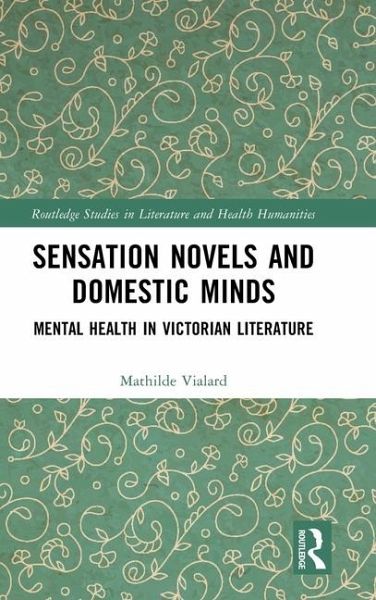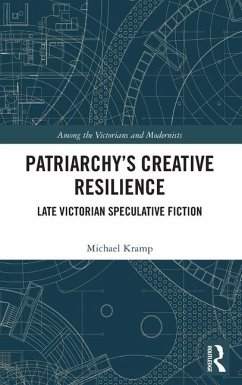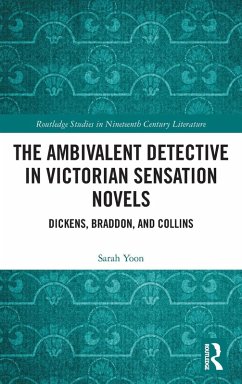
Sensation Novels and Domestic Minds
Mental Health in Victorian Literature
Versandkostenfrei!
Versandfertig in 6-10 Tagen
154,99 €
inkl. MwSt.
Weitere Ausgaben:

PAYBACK Punkte
77 °P sammeln!
Drawing on the recent academic interest in approaching health and wellbeing from a humanities perspective, Sensation Novels and Domestic Minds investigates how the Victorians dealt with questions of mental health by examining literary works in the genre of sensation fiction. The novels of Mary Elizabeth Braddon and Wilkie Collins, two prominent writers of the genre, often portray characters suffering from mental illnesses commonly diagnosed at the time, among which are monomania, moral insanity, melancholia, and hypochondria. By studying the fictional works of Braddon and Collins alongside med...
Drawing on the recent academic interest in approaching health and wellbeing from a humanities perspective, Sensation Novels and Domestic Minds investigates how the Victorians dealt with questions of mental health by examining literary works in the genre of sensation fiction. The novels of Mary Elizabeth Braddon and Wilkie Collins, two prominent writers of the genre, often portray characters suffering from mental illnesses commonly diagnosed at the time, among which are monomania, moral insanity, melancholia, and hypochondria. By studying the fictional works of Braddon and Collins alongside medical texts from the nineteenth century, it sets out to investigate how these novels fictionally represented real mental sufferings. This book considers the different mental illnesses the characters of sensation novels develop inside and outside the home as they struggle to define their own identity against Victorian social expectations. It demonstrates how these novels fictionalised the crisis of the leisured upper classes, who spent most of their time at home, and found themselves at odds with a society that increasingly separated the domestic and working environments, while also considering the impact that a lack of a sense of domestic belonging could have on their mental health. Sensation Novels and Domestic Minds further analyses the extent to which domesticity-in its excess or lack-could afflict the mental health of Victorian men and women through the fictional representation of suicidal thoughts and acts in the novels of Braddon and Collins.














